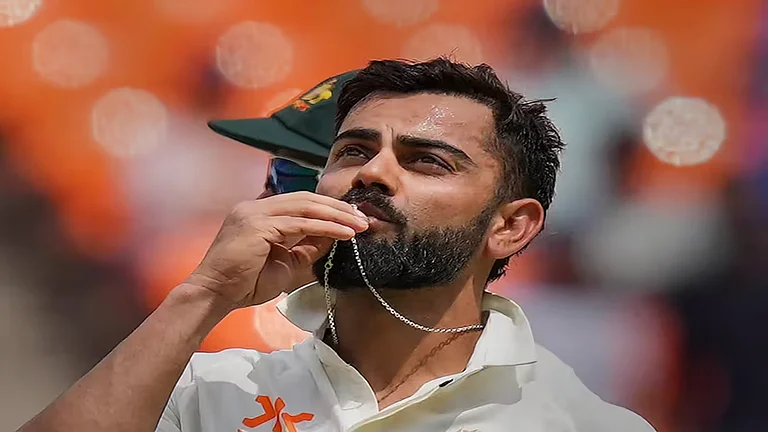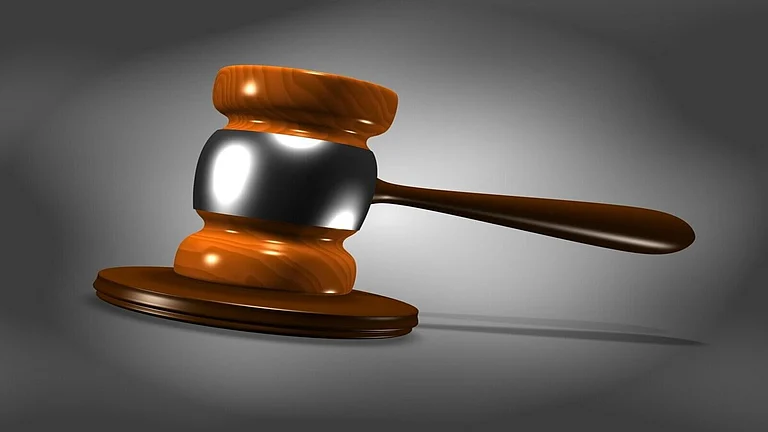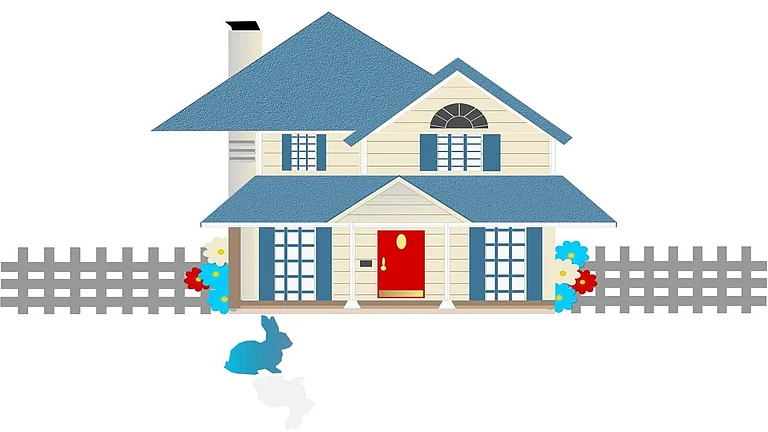Sanjiv Khanna served as the 51st Chief Justice of India (CJI) and retired on May 13, 2025. His successor, Justice B.R. Gavai, took office the following day, May 14, 2025, becoming the 52nd CJI. Justice Khanna held the position of CJI for six months and retired at the age of 65.
CJI Sanjiv Khanna Retires, Ready For Third Inning: What His Retirement Corpus Includes
The Chief Justice of India, Sanjiv Khanna, retired on May 13, 2025. Justice B R Gavai took over the charge to become the next CJI from today, May 14, 2025
He started his career in 1983 by enrolling as an Advocate with the Bar Council of Delhi. He practised at the district courts and the High Court of Delhi and also worked as amicus curiae in the High Court cases. In 2005, he was elevated as an additional judge of the High Court and, in 2006, became the permanent judge.
In 2019, he was elevated to the Supreme Court of India and took charge as the CJI on November 11, 2024, and retired on May 13, 2025.
What Is The Retirement Age For The Chief Justice Of India?
While the retirement age is typically between 60-65 years in different government services, the retirement age of the chief justice of India is 65, defined under Article 124 (2) of the Constitution of India.
The article vests the power to appoint CJI and other judges of the Supreme Court on the President of India.
Article 124 (2) reads: "Every Judge of the Supreme Court shall be appointed by the President by warrant under his hand and seal on the recommendation of the National Judicial Appointments Commission referred to in article 124A and shall hold office until he attains the age of sixty-five years."
CJI Khanna's Retirement Plans:
"I will not accept any post-retirement post ... perhaps will do something with law", reported PTI, quoting Justice Khanna as saying.
He called the future engagements his third inning after playing the first as an advocate and the second as a justice. He said, "I will have a third innings and will do something related to law."
Important Decisions To Improve Transparency In The Judicial System:
During his tenure, he was a part of some crucial decisions. As CJI, he dealt with the cash controversy pertaining to Delhi High Court Judge Yashvant Varma, deftly, by setting up a preliminary inquiry by Delhi High Court justice D K Upadhyaya, taking away the judicial work from Justice Varma, and transferring him to Allahabad High Court.
After the in-house inquiry, CJI Khanna nudged him to resign, but upon Justice Varma's refusal, he wrote to President Droupadi Murmu and Prime Minister Narendra Modi.
In the wake of the matter, a full court resolution was passed by the Supreme Court under him, mandating all judges to declare their assets to the public. Notably, judges could declare their assets earlier as well but it was not mandatory.
CJI Khanna's Assets:
CJI Khanna's assets include real estate, investments in fixed deposits, a public provident fund, a group provident fund, shares, an insurance money-back policy, jewellery, and a car.
These include:
• Three-bedroom flat in Delhi
• Four-bedroom flat in Delhi
• 56 per cent share in a four-bedroom flat in Gurugram
• Part owner of the house of the Hindu Undivided Family (HUF) in Dalhousie, Himachal Pradesh
• Gold – 250 gram
• Silver – Two kilograms (mostly inherited and gifted)
• Maruti Swift
The investments as on March 31, 2025, include:
• FD - approximately Rs 56 lakh
• PPF – approximately Rs 1.07 crore
• GPF – approximately Rs 1.78 crore
• Shares – Rs 14,000
• LIC Money Back policy annual premium – Rs 29,625.


